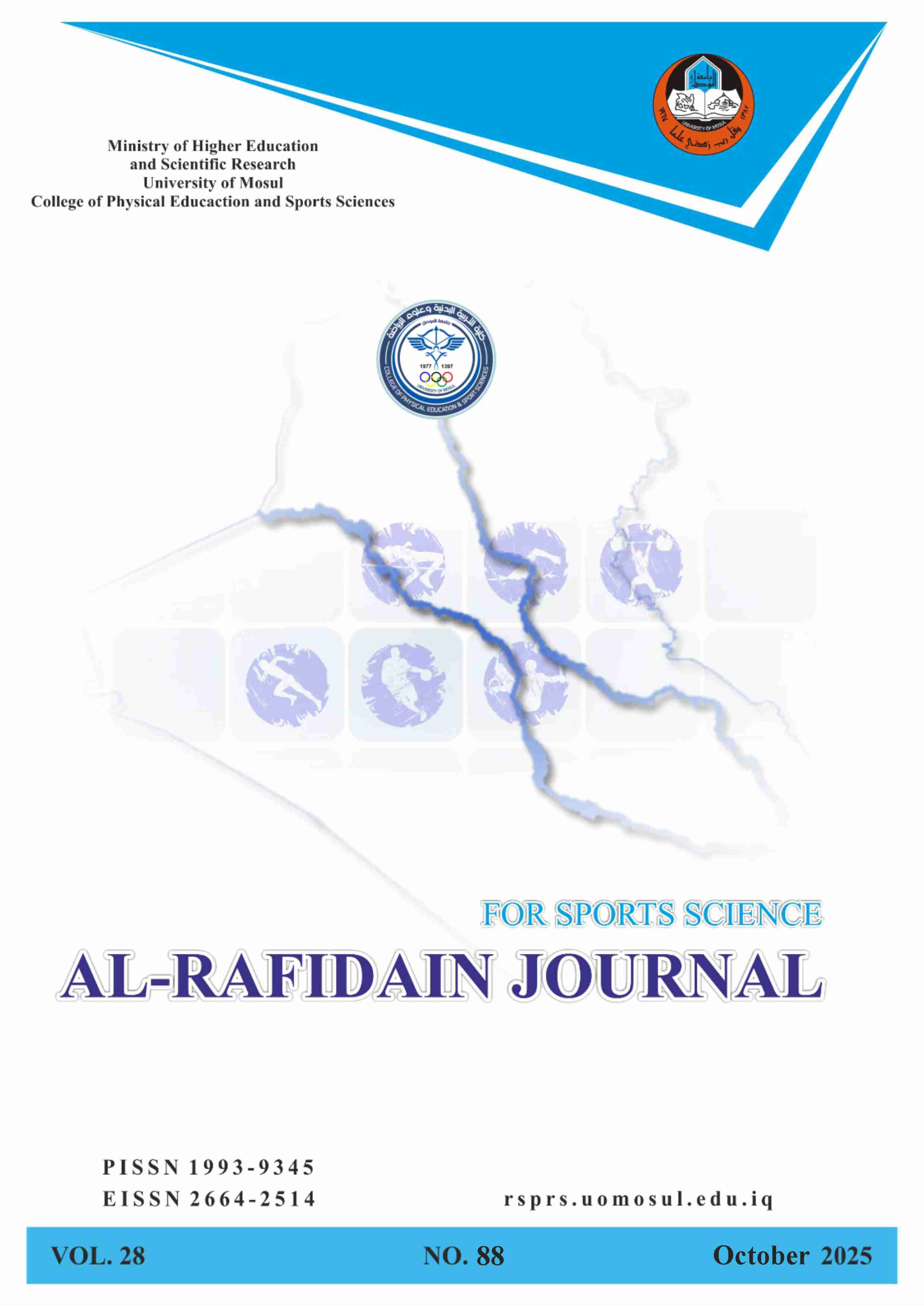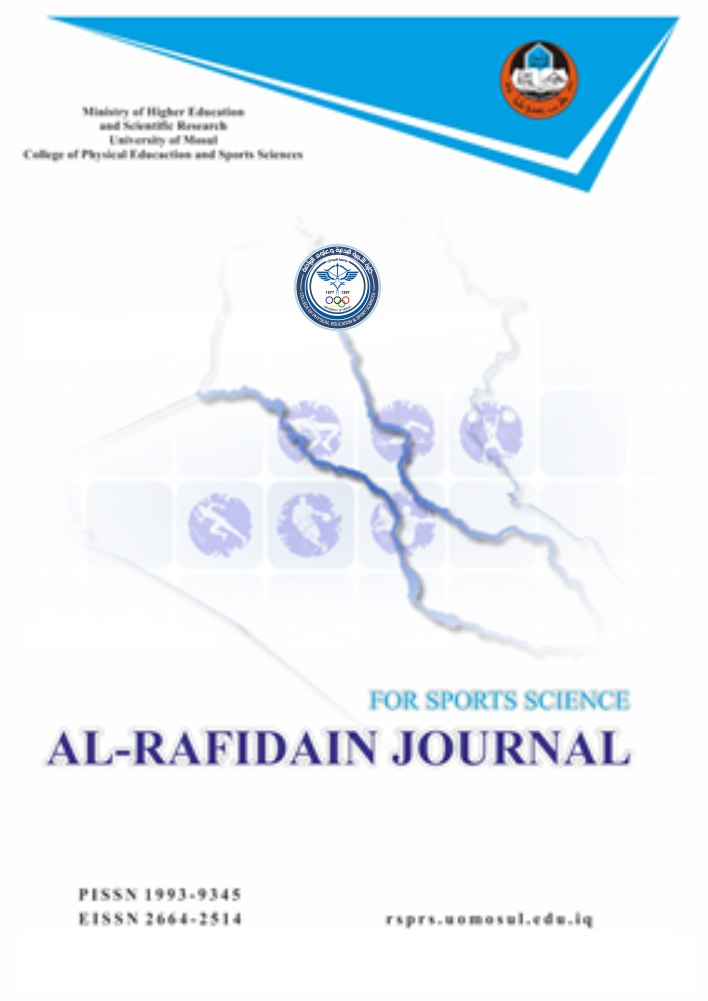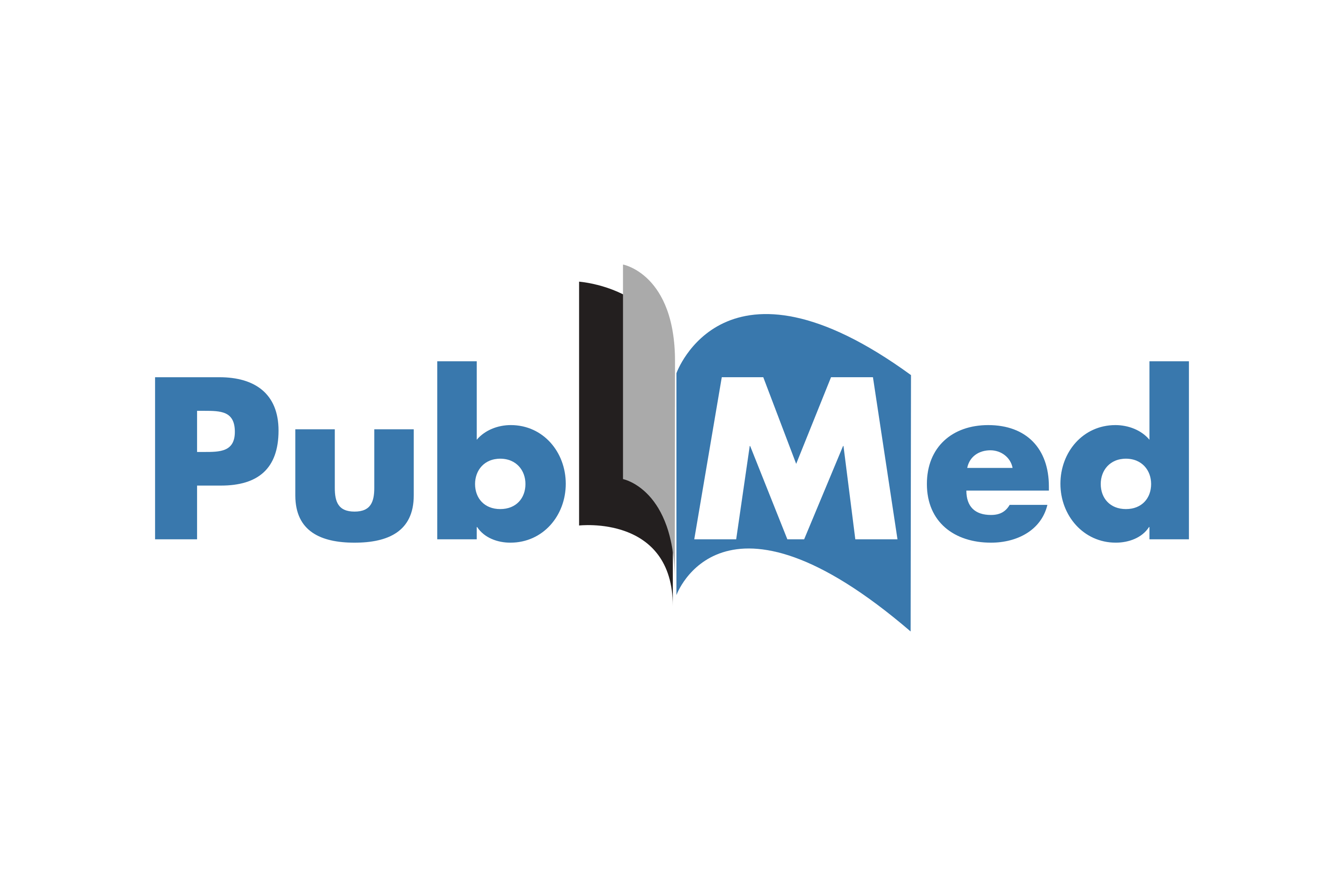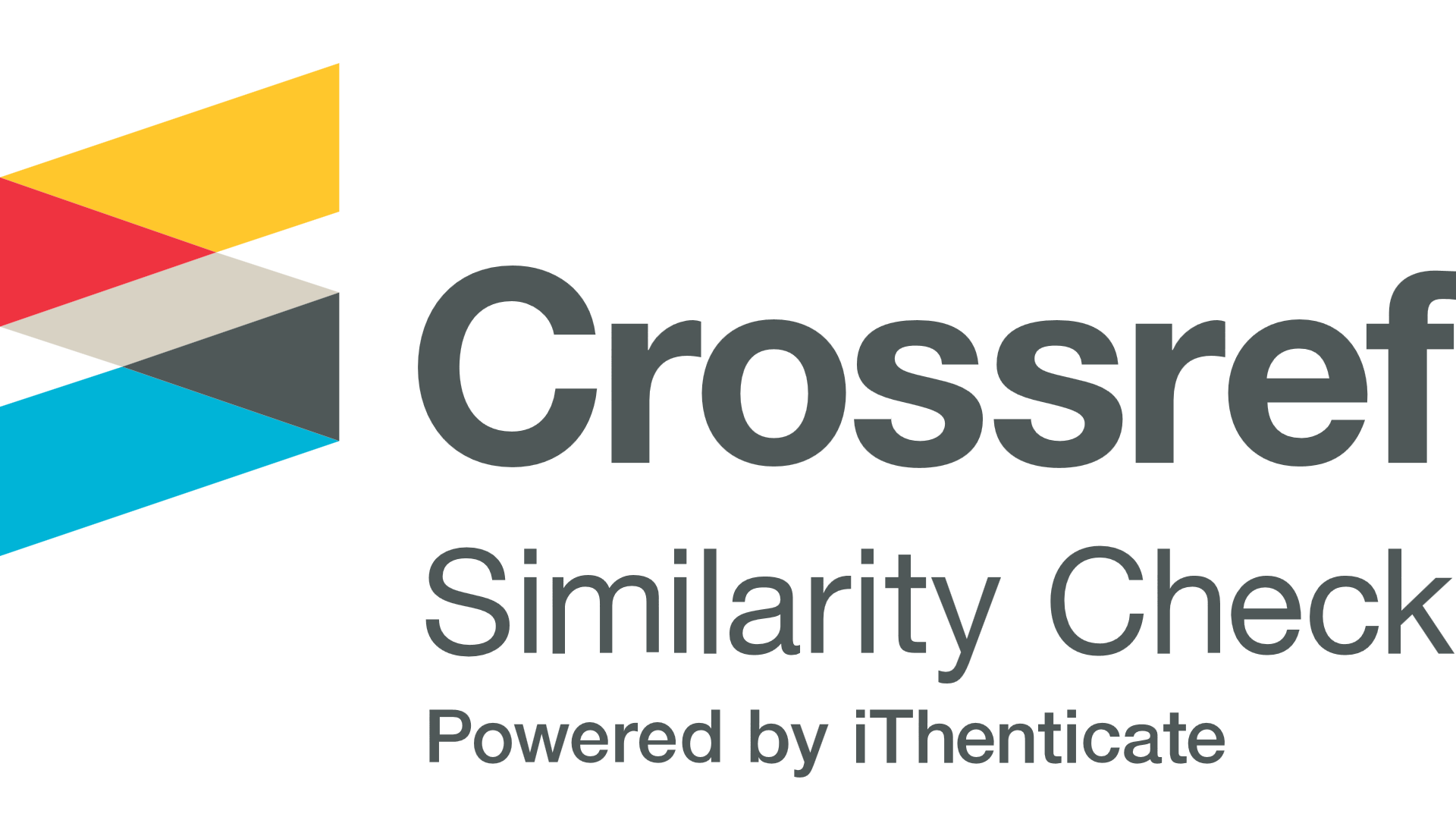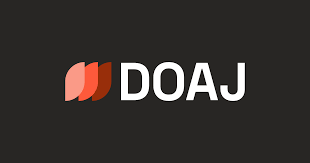The Reality of Activating School Sports Activities from the Perspective of the Educational Supervisor and the Specialist in Mosul Schools
Published
Oct 24, 2025Pages
56-65Abstract
This study aims to explore the perspectives of both the educational supervisor and the subject specialist regarding the reality of implementing school sports activities in Mosul schools. This is examined through three dimensions:
The role of school administration in promoting school sports activities.
The role of the physical education teacher in promoting school sports activities.
The administrative and financial barriers preventing the start of school sports activities.
Methodology:
The researchers used the descriptive–analytical method. The study sample included 62 supervisors (educational and subject specialists) working in the Nineveh Directorate of Education. The researchers developed a questionnaire that covered three main areas: the role of school administration, the role of physical education teachers, and the administrative and financial obstacles to activating school sports activities. The questionnaire featured 23 items and was based on a four-point Likert scale. After confirming the validity and reliability of the questionnaire, it was distributed to the study participants.
Findings:
Through this analysis, the researchers concluded the following:
The school administration's role in supporting the necessary requirements to activate school sports activities is weak.
Physical education teachers are essential in promoting school sports activities.
There is a shortage of sufficient financial and human resources needed to support school sports activities effectively.
Many schools lack playgrounds for sports and sufficient sports equipment and tools.
References
- Bishop, P. A. (2017). Measurement and Evaluation in Physical Activity Applications. Routledge.
- Pangrazi, R. P., & Beighle, A. (2019). Dynamic Physical Education for Elementary School Children. Human Kinetics.
- Resnik, J. (2009). Multicultural education—good for business but not for the state? The IB curriculum and global capitalism. British Journal of Educational Studies, 57(3), 217–244. https://doi.org/10.1111/j.1467-8527.2009.00438.x
- Ritchie, C., Trost, S. G., Brown, W., & Armit, C. (2005). Reliability and validity of physical fitness field tests for adults aged 55-70 years. Journal of Science and Medicine in Sport, 8(1), 61–70. https://doi.org/10.1016/S1440-2440(05)80024-2
- Trudeau, F., & Shephard, R. J. (2008). Physical education, school physical activity, school sports, and academic performance. International Journal of Behavioral Nutrition and Physical Activity, 5(1), 1–12. https://doi.org/10.1186/1479-5868-5-10
- Bishop, P. A. (2017). Measurement and Evaluation: In Physical Activity Applications. Routledge.
Identifiers
Download this PDF file
Statistics
How to Cite
Copyright and Licensing

This work is licensed under a Creative Commons Attribution-NonCommercial 4.0 International License.
